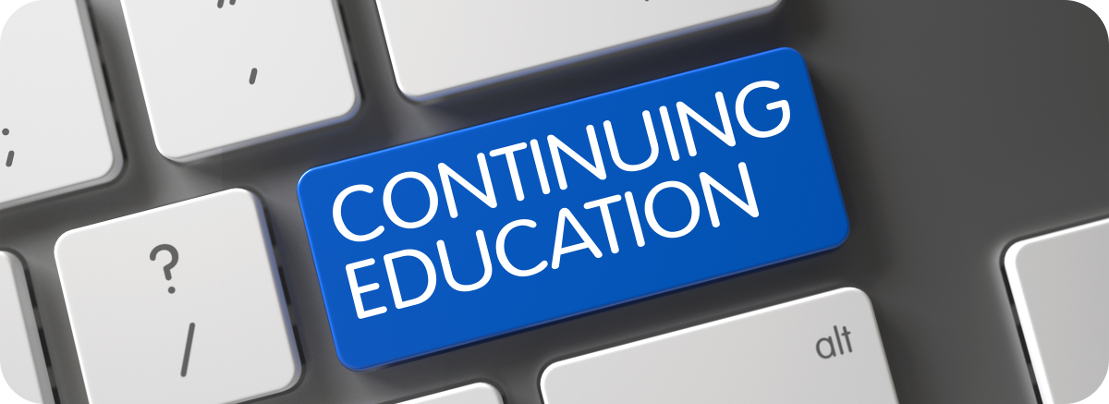Medical Assistant

The Medical Assistant program provides students with the skills to function as professionals in a variety of healthcare settings. Gain skills to perform administrative tasks including patient reception, health records management, billing, and payment processing. Additionally, gain skills to perform clinical tasks such as assisting with minor surgery, taking vital signs, preparing patients for examinations, performing EKG, obtaining health history, specimen collection, administering first aid, and other related tasks commonly performed in a physician’s office or other outpatient healthcare settings. Clinical medical assistants provide both administrative and clinical services in various health care settings such as private offices, ambulatory centers, and hospitals.
Learn How to:
- Measure Vital Signs
- Prepare Patients for Examinations
- Assist in Minor Surgeries
- Update Patient’s Medical Records
- Administer Electrocardiograms (EKG’s)
- Schedule Patient Appointments
- Perform Medical Billing & Coding
- Prepare Samples for Lab Tests
Learn from Home on a Schedule that Meets your Needs
 Prepare for Industry Certifications
Prepare for Industry Certifications
The Medical Assistant program will prepare you to take the following healthcare industry certifications after completion of the program:
National Healthcareer Association (NHA)
- Certified Clinical Medical Assistant (CCMA)
- Certified Medical Administrative Assistant (CMAA)
- Certified Billing and Coding Specialist (CBCS)



